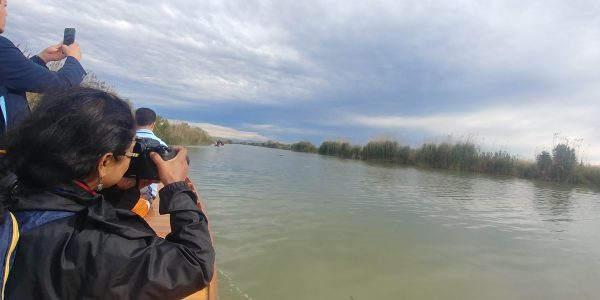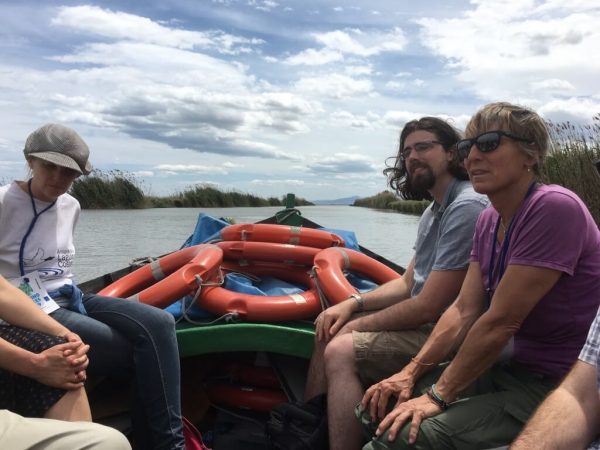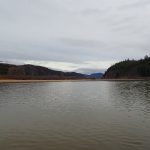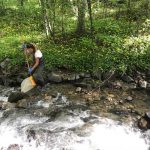Journey to Spain: Perspectives, Passion, and Paella
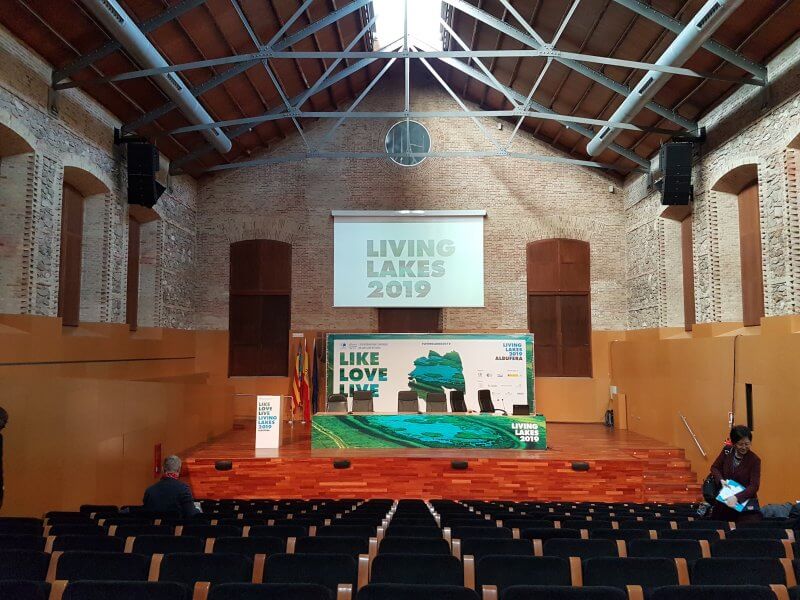
The venue for the 15th International Conference on Lakes & Wetlands in Valencia, Spain. LLC Photo
By Kootenay Lake Partnership Chair Jayme Jones
In May 2019, Valencia, Spain became the world capital of wetlands when they hosted the Living Lakes 15th International Conference on Lakes and Wetlands. As one of the five Living Lakes Canada members who travelled to Spain to attend, there are three key themes from the conference that stood out to me.
Perspectives. This was the first international conference I have attended that was broadly represented with delegates from around the world. The 200 delegates from 41 countries brought diverse perspectives that really increased my understanding on the state of water systems from every corner of this planet. I heard about peatland management in the Broads of England. I heard about the pollution in Lake Chapala – Mexico’s largest natural lake. I heard about projects to strengthen the condition of St. Lucia wetland in South Africa. Each of these perspectives share a commonality we all face: our water systems are challenged by alterations we have made to them. However, there are things we can do improve the situation.
Passion. There was so much passion shared about the projects that the various delegates are working on to improve their local waterbodies. A delegate from India shared a passionate story about her success in working with communities to restore mangroves in 4,500 hectares of important river mud flats. Not only does this project help sequester carbon dioxide to reduce the impact of climate change. It also empowers women to be Mangrove Stewards to support their livelihoods. A delegate from Columbia shared a passionate story about his organization’s efforts to create green filters to reduce the domestic wastewater inflow to Lake Fúquene. Each conference delegate was passionate about some specific way to protect water.
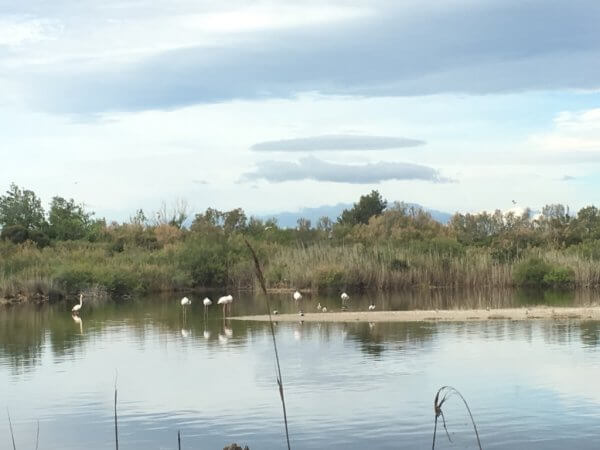
The Albufera Ramsar Site. LLC Photo
Paella. Our Spanish hosts gave us a wonderful experience of the local Spanish culture. We had many opportunities to eat the traditional dish of Spain – Paella. Paella is a delicious dish of rice and seafood that is accompanied by a cold Spanish beer. It wasn’t just the Spanish food we were able to experience; we also explored a significant wetland near Valencia called L’Albufera. The Albufera is a managed freshwater lagoon and estuary. It was declared a Ramsar Site in 1990 as a wetland of international importance to birds. The Albufera is surrounded by rice fields that have altered the landscape for centuries. We visited an exciting project within the Albufera that successfully reclaimed some rice fields into wetland habitat. Not only has this reclaimed wetland increased the biodiversity of the landscape, it has also played a key role in purifying the water quality of the lagoon.
Participating in the Living Lakes International conference provided a global vision of water challenges and success stories. The entire Living Lakes Canada team built strong connections with the delegates from around the world. These connections will provide important opportunities for strategic alliances with water stewards around the world. Together, we can do more to conserve the world’s waterbodies, and so we will.
Jayme Jones is a former Program Coordinator for Living Lakes Canada. She now works as a Research Assistant for Selkirk College.


